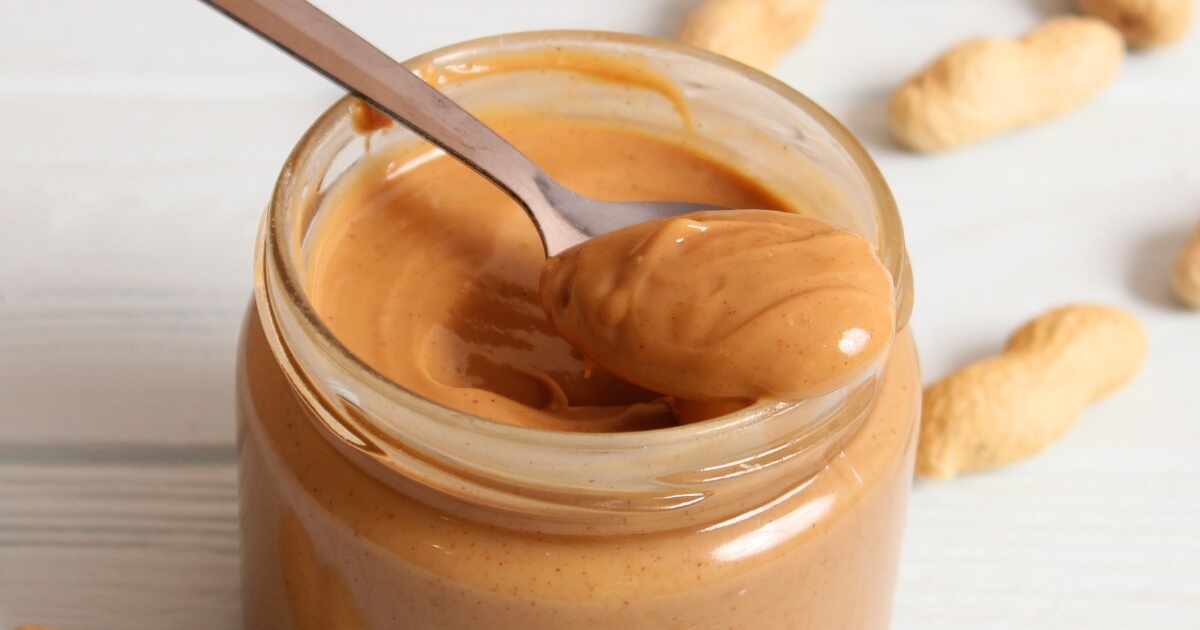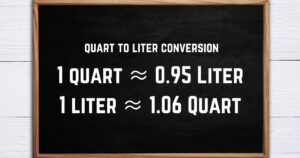Apple cider vinegar is one of those kitchen items that is used sparingly in cooking, although has recently grown in popularity as a health supplement.
Either way, it’s likely you have had a bottle sitting in your pantry for years and unsure if it’s still good. So, it pays to know, does apple cider vinegar go bad?

Because of the high acid content, it can’t go bad. The shelf life of apple cider vinegar when stored correctly is indefinite. Without contamination from other substances, it will retain its best qualities in your pantry for at least five years after the expiry date, but will probably stay good for much longer.
Shelf Life Of Apple Cider Vinegar
Apple cider vinegar is often sold with a “best by” date on the bottle. This date indicates when the flavor, consistency and quality of your vinegar will begin to decline.

So how long does apple cider vinegar last? It is self-preserving, and if stored correctly, will last indefinitely without going bad, even after you have already opened and resealed the bottle.
Most brands give three to five years as a ‘best by’ date, but they acknowledge that the product will still be usable for many more years.
Using apple cider vinegar after the expiry date is not dangerous, but you may not be happy with the flavor, nor will you enjoy the full nutritional value of the product.
How To Tell If Apple Cider Vinegar Is Bad
Apple cider vinegar shouldn’t go bad when stored correctly, due to the high pH level. Bacteria and microbes can’t grow in a high acid environment.
However, apple cider vinegar can eventually lose its effectiveness, nutritional value and flavor. Here’s how to tell if this has happened.
- Look at the liquid. Over time, there might be visible changes to the color and clarity – it may become slightly darker or cloudy. These changes don’t indicate that the oil is bad, however – apple cider vinegar is still usable even at this point.
- Taste test. Over extended periods, you may notice the flavor becomes more intense and acidic, or loses intensity altogether. Again, it will still be good to use provided you are fine with these changes to the taste.
- Check the bottom of the bottle. Sediment can develop over time, this is merely fiber appearing and is not dangerous. However, if you see large amounts of sediment in your bottle, err on the side of caution and dispose of it.
- Listen. If the bottle lets out a hiss or fizz when opened, this indicates that your apple cider vinegar is probably past its prime and should be replaced.
- Check the texture. Although apple cider vinegar in itself shouldn’t go bad, if sealed incorrectly, it may become contaminated by other items which can grow mold or harbor bacteria. If you detect any lumpy texture, it’s best to throw it out and buy a fresh bottle.
Can Apple Cider Vinegar Make You Sick?
Apple cider vinegar can’t go bad in such a way that it will make you sick. However, if you’re using the product regularly as a health booster, don’t buy more than you can use in two years for the best nutritional punch.
Apple cider vinegar has an indefinite shelf life due to high acidity. It’s very unlikely to grow any bacteria, so the only real contamination risk to most vinegar products is dust from poor sealing.
It’s important to note that apple cider vinegar is an acid, so if any of your digestive problems stem from hyper-acidity, start with a small dosage and monitor your body’s response.
Note – if you dilute apple cider vinegar with water, it increases the pH and drops the acidity. Not only does this reduce its efficacy, but it also puts your vinegar at risk of going bad. Diluted apple cider vinegar that isn’t stored correctly can grow bacteria which will make you sick.
Does Apple Cider Vinegar Need To Be Refrigerated?
Apple cider vinegar does not need to be refrigerated, even after opening. Its high pH level inhibits bacterial growth, and the indefinite shelf life applies even when kept in the pantry.
If you’re not a fan of the harmless, cloudy quality that develops over time, storing it in the fridge may delay or prevent this effect.
If you have diluted your apple cider vinegar with water, you will need to store it in the refrigerator in a sealed glass bottle. Because the protective, high acid qualities have been compromised, we recommend using it within a few weeks.
How To Store Apple Cider Vinegar
Store apple cider vinegar in a cool, dark place, tightly sealed in the original bottle. This will keep the concentration strong and keep out dust and other contaminants.
Room temperature is fine, but make sure it’s stored away from hot areas – for example, don’t store a bottle in the cupboard right above your oven.
If you would rather keep your apple cider vinegar within easy reach, you’ll need to transfer it into a dark glass bottle to avoid sunlight from aging it more quickly. You’ll still need to ensure it stays in a cool area.











